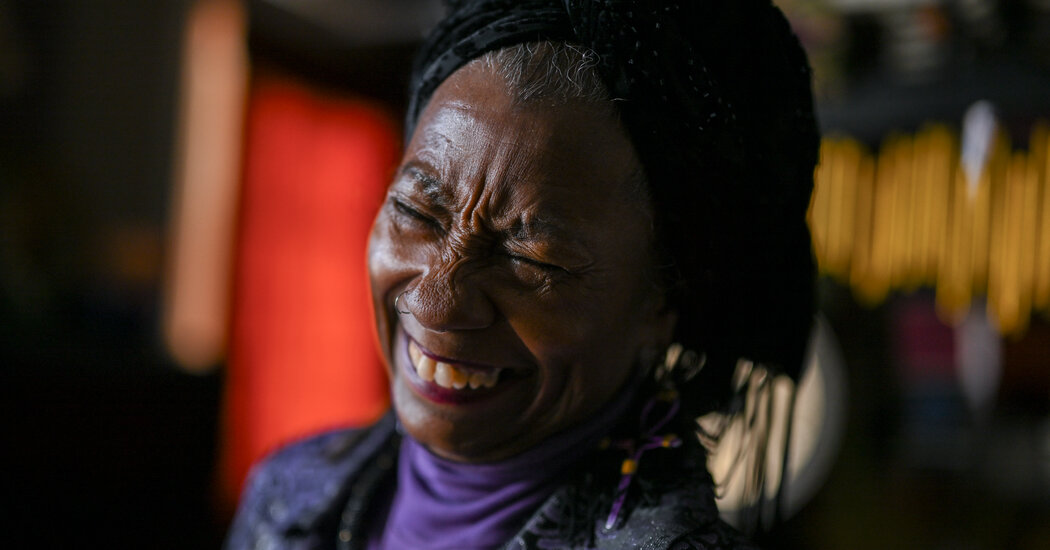
While Feb. 13 is not a federal holiday, a deeply meaningful celebration rooted in the Black community exists: Black Love Day. The first Black Love Day was established on Feb. 13, 1993, when Ayo Handy-Kendi, a spiritual community organizer, felt compelled by a higher power to bring her community together, she said in an interview with The New York Times. The first sign came on New Year’s Eve in 1992 after she saw Spike Lee’s film “Malcolm X,” which follows the life of the civil rights leader of the same name, portrayed by Denzel Washington. On the bus ride home, she said, she reflected on the assassination of Malcolm X and heard a voice — “the creator”— speak to her.
How did Black Love Day begin?
A decade prior, Ms. Handy-Kendi founded the African American Holiday Expo in Washington to promote Black businesses and the observance of holidays celebrating Black history, like Kwanzaa. She then created the African American Holiday Association, a nonprofit that encourages the celebration of alternative holidays focused on Black history and the preservation of Black culture, in 1989.
In 1993, “the creator,” Ms. Handy-Kendi told The Times, instructed her to organize the first Black Love Day. She hosted the event, which resembled the expo’s gathering of Black vendors and artisans, at Mayor Sharon Pratt Dixon’s office in the Northwest quadrant of Washington, D.C., drawing from her own experiences and the history of the Black community.
Ms. Handy-Kendi, 72, affectionately known as Mama Ayo, now lives in Capitol Heights, Md. For the last 50 years, she has been practicing and leading breathwork, in which she guides individuals and groups through breathing techniques to help promote mental, physical and spiritual well-being. She is also a community organizer in anti-violence and social justice initiatives.
While she credits the inception of Black Love Day to divine intervention, she acknowledged the day’s connection to Black History Month.
“Black Love Day gives us that chance to bond and reconnect around who we really are as a people,” she said. “Not only to be proud of our accomplishments, but to be unapologetically Black and feel good about that.”






